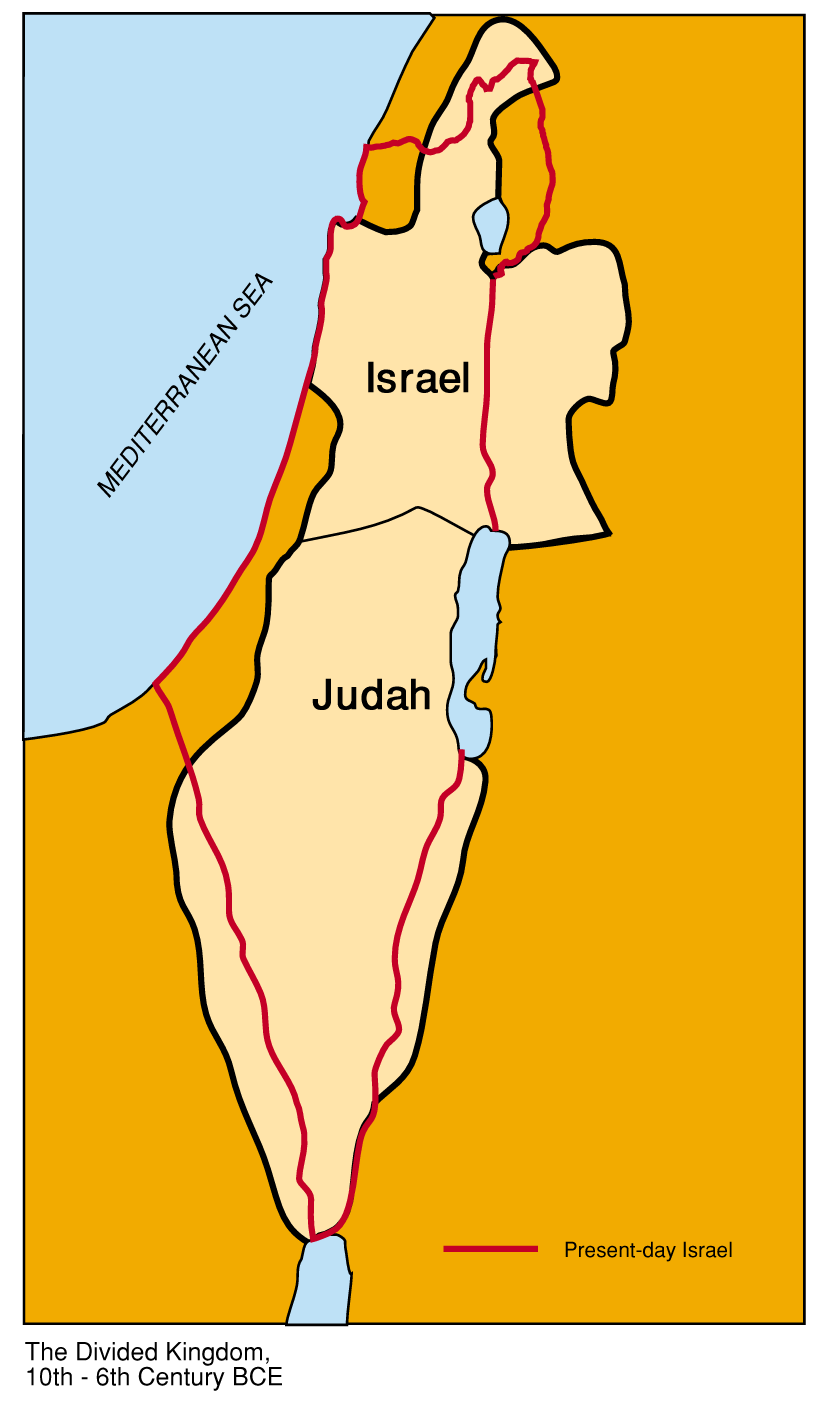King Day: A Divided Nation – Celebration Vs. Abolition

Table of Contents
King Day as a National Celebration
King Day is officially recognized as a federal holiday, a testament to the profound impact Dr. King had on the American landscape. Across the nation, communities come together to commemorate his life and work through a variety of events. These celebrations often involve vibrant parades showcasing the diversity of American culture, powerful speeches that resonate with King's message of hope and nonviolent resistance, and community gatherings focused on unity and remembrance. The positive aspects are undeniable: King Day provides a crucial opportunity for reflection, community building, and inspiring future generations.
- Examples of common King Day events: Community service projects, marches, church services, educational programs, and musical performances.
- Participation and public awareness: While exact figures vary year to year, King Day consistently sees high participation rates, reflecting the holiday's significance in the national consciousness. Surveys consistently show strong public awareness of King's contributions to the Civil Rights Movement.
- Prominent figures and speeches: Many prominent figures, from political leaders to community activists, deliver speeches on King Day, echoing King's message and connecting his legacy to contemporary challenges.
The Unfinished Work of Abolition: A Critical Perspective on King Day
Despite the progress made since the Civil Rights Movement, the dream of true equality remains tragically unrealized. A critical perspective on King Day necessitates acknowledging the systemic racism and persistent inequalities that plague American society. These disparities manifest in numerous areas, including:
- Education: Significant achievement gaps persist between Black and white students, often linked to disparities in school funding and resources.
- Housing: Redlining and discriminatory housing practices continue to contribute to residential segregation and economic inequality.
- Employment: Black Americans continue to face significant barriers to employment, experiencing higher rates of unemployment and lower earning potential compared to their white counterparts.
- Justice System: Racial bias within the criminal justice system remains a persistent and devastating problem, leading to disproportionate incarceration rates for Black individuals.
King's legacy is inextricably linked to contemporary social justice movements, such as Black Lives Matter, which continue his fight against injustice and oppression. These movements highlight the urgent need for ongoing action to dismantle systemic racism and achieve true racial equality.
- Specific examples of racial injustice: Police brutality, voter suppression, racial profiling, and unequal access to healthcare.
- Statistical data illustrating racial disparities: Data from organizations like the NAACP and the Pew Research Center consistently reveal alarming racial gaps in various aspects of American life.
- Current social justice activists: Many contemporary activists are carrying the torch of King's legacy, advocating for policy changes and pushing for social justice reform.
Reconciling Celebration and Abolition: Moving Forward on King Day
The challenge lies in balancing the celebratory commemoration of King's life with the urgent need for continued action. This requires critical reflection on King's legacy, understanding the context of his activism, and acknowledging the distance we still have to travel to achieve his vision of a just and equitable society. True honor for King's memory involves engaging actively in the fight for racial justice.
- Specific actions individuals can take: Support organizations working for racial justice, advocate for policy changes that address systemic inequality, engage in respectful dialogue about race and racism, donate to relevant causes, and participate in peaceful protests.
- Examples of community initiatives: Community-led initiatives focused on education, voter registration, and economic empowerment can make a significant difference.
- Resources for further learning and engagement: Numerous organizations and educational resources provide opportunities to learn more about King's life and work and get involved in advancing racial justice.
King Day: A Legacy of Celebration and a Call to Action
King Day serves as a powerful reminder of both the progress made towards racial equality and the monumental work that still needs to be done. It is a day for both celebration and a renewed commitment to the unfinished work of abolition. Let us honor Dr. King's legacy not only through remembrance but also through active participation in the ongoing struggle for justice and equality. Learn more about King's legacy and get involved in advancing racial justice this King Day. Let this King Day be a catalyst for continued action and progress towards a more equitable future for all.

Featured Posts
-
 Shohei Ohtanis 2 Run Homer Rising To The Occasion In Japan
May 18, 2025
Shohei Ohtanis 2 Run Homer Rising To The Occasion In Japan
May 18, 2025 -
 Reakcja Polakow Na Dzialania Trumpa Ws Ukrainy Sondaz
May 18, 2025
Reakcja Polakow Na Dzialania Trumpa Ws Ukrainy Sondaz
May 18, 2025 -
 Review Of The Best Bitcoin Casinos In 2025 Features Security And More
May 18, 2025
Review Of The Best Bitcoin Casinos In 2025 Features Security And More
May 18, 2025 -
 Moncada And Sorianos Strong Performances Secure Angels Win Against White Sox
May 18, 2025
Moncada And Sorianos Strong Performances Secure Angels Win Against White Sox
May 18, 2025 -
 Jackbit Your Top Choice For Bitcoin Online Casino In 2025
May 18, 2025
Jackbit Your Top Choice For Bitcoin Online Casino In 2025
May 18, 2025
